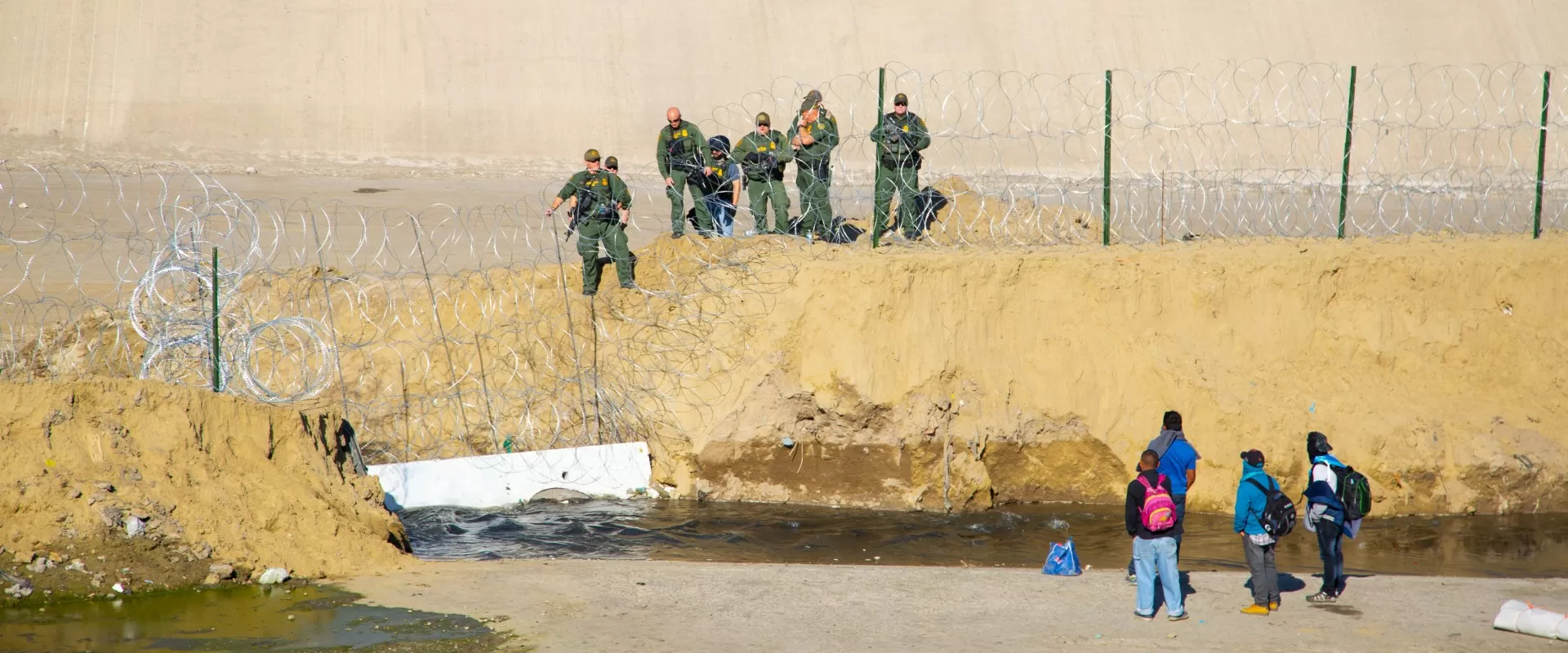The Accounting for Migrant Deaths Working Group has a simple but ambitious goal – to ensure an accurate count of migrant deaths. This may seem like a small task, but the reality is that the number of migrant deaths along the US-Mexico border is a significant and ongoing issue. In this article, we will explore the causes of these deaths, the current counts, and what the future may hold for this pressing issue.
The US-Mexico border is known to be one of the most heavily guarded and dangerous borders in the world. Every year, thousands of migrants attempt to cross this border in search of a better life, but unfortunately, not all of them make it. The harsh terrain, extreme weather conditions, and lack of resources make this journey a perilous one. As a result, many migrants lose their lives in the process.
One of the main causes of migrant deaths along the US-Mexico border is the lack of proper infrastructure and resources. The border is vast and remote, making it difficult for migrants to access food, water, and medical assistance. This lack of basic necessities puts their lives at risk, especially during the scorching summer months when temperatures can reach up to 120 degrees Fahrenheit. Additionally, the rugged terrain and harsh weather conditions make it challenging for rescue teams to reach these migrants in time, resulting in tragic outcomes.
Another significant factor contributing to migrant deaths is the presence of criminal organizations. These groups often take advantage of vulnerable migrants, promising them safe passage across the border for a hefty fee. However, these promises are rarely fulfilled, and many migrants fall victim to violence, extortion, and even human trafficking. These criminal organizations also control the routes and access to resources, making it even more challenging for migrants to survive their journey.
Despite the gravity of the situation, there has been a lack of accurate data on migrant deaths along the US-Mexico border. The current counts are based on estimates and incomplete data, making it challenging to understand the full extent of this issue. This is where the Accounting for Migrant Deaths Working Group comes in. This group, formed in 2013, is a collaboration between various organizations, including the Colibri Center for Human Rights, the Pima County Office of the Medical Examiner, and the University of Arizona’s Binational Migration Institute. Their mission is to document and account for all migrant deaths along the border accurately.
The Working Group uses a multidisciplinary approach to collect and analyze data on migrant deaths. They work closely with forensic scientists, anthropologists, and human rights activists to identify and document the remains of migrants found along the border. This not only provides a more accurate count of migrant deaths but also helps identify and repatriate the remains to their families.
The efforts of the Accounting for Migrant Deaths Working Group have already yielded significant results. Since its formation, the group has documented over 3,000 migrant deaths along the US-Mexico border. This data has been crucial in shedding light on this issue and advocating for policy changes to prevent future deaths. The group has also been instrumental in providing closure to the families of the deceased by identifying and repatriating their loved ones’ remains.
However, there is still a long way to go in addressing the issue of migrant deaths along the US-Mexico border. The current political climate and policies have only exacerbated the situation, making it more challenging for migrants to seek safe and legal routes to enter the United States. It is crucial for governments to recognize the human rights of migrants and work towards creating safer and more humane migration policies.
In conclusion, the Accounting for Migrant Deaths Working Group’s efforts are commendable in their pursuit of an accurate count of migrant deaths along the US-Mexico border. Their work not only sheds light on this pressing issue but also provides closure to the families of the deceased. It is crucial for governments and organizations to support and collaborate with initiatives like this to prevent further loss of life. As we move towards a more inclusive and compassionate society, it is our responsibility to ensure that no life is lost in the pursuit of a better future.

